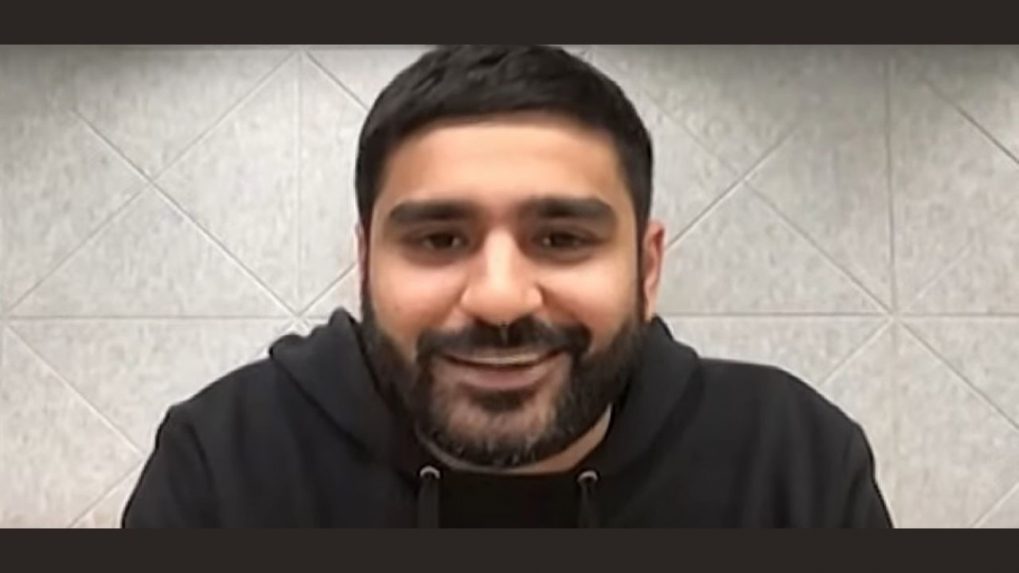In conversation with Fire-Boltt’s CEO Arnav Kishore
Arnav Kishore, CEO and co-founder of Fire-Boltt talks about the brand’s expansion plans, the outlook for the year, and more.
ADVERTISEMENT
The wearables market in India has picked up significantly in the last few years with homegrown brands and international companies making smart entries. Indian smartwatch brand, Fire-Boltt has gone on to become a leading player in the smartwatch category.
In an interview with Storyboard’s editor Delshad Irani, Arnav Kishore, co-founder and CEO, Fire-Boltt shares how the company plans to tap new segments and its international expansion game plan. Fire-Boltt started selling 100 watch units on Amazon. Today, they have a run rate of more than 30,000 units a day.
The company started its operations in 2015 when Arnav and his elder sister Aayushi Kishore co-founded the brand. It was of the first wearable tech brands in India. In the first few years of operation, the brand gained a lot of experience in hardware and software development. They learnt the art of how to make the right wearables for the Indian audience.
In 2019, the brand was rechristened as Fire-Boltt. Speaking on the turning point of the brand, Kishore shares, “We were lucky to enter the market at the right time. During the pandemic, the awareness and consciousness of people really went to another level. They started taking their health much more seriously. We were the first smartwatch to launch with built-in SPO2.”
He further adds, “While the underline usage of a smartwatch will continue to have the health and fitness, and other tracking capabilities, Fire-Boltt is coming up with a dedicated line of smartwatches targeted at women."
Highlighting the company’s plan to launch a luxury offering, Kishore says, “Fire-Boltt aims to cater to the premium watch lovers and the company is set to launch watches with stainless steel straps and leather straps. Similarly, we are working on a special range of watches with parental tracking capabilities for school-going kids, and young teens.”
Fire-Boltt feels there is a big gap in the market globally in the budget segment and therefore the brand is looking to expand in UAE. The company has recently started operations in Vietnam and Singapore. In the next two quarters, there are plans of adding 10-12 countries including parts of Europe and the USA.
Watch the full interview here:

